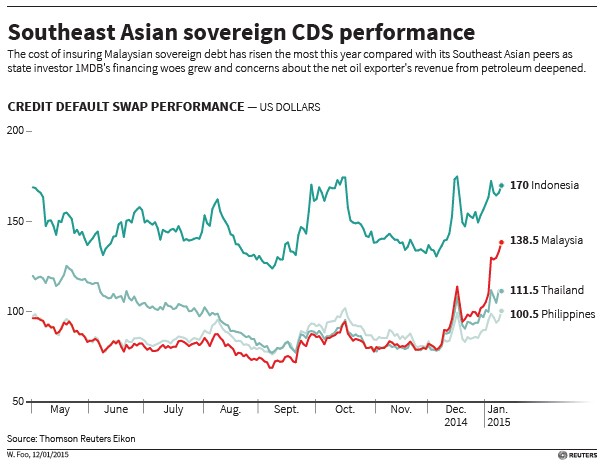Risk and Sovereign Debt
Post on: 3 Сентябрь, 2015 No Comment

With everyone from Paul Krugman to yours truly castigating Standard & Poors for the logic behind their downgrading of the US bond rating, Felix Salmon valiantly steps in to defend them:
[T]o understand S&Ps actions, you just need to understand two basic facts. The first is that S&P is not judging the quality of Treasury bonds as an investment. Theres a key difference between S&P, on the one hand, and Moodys, on the other: when rating sovereigns, S&P doesnt care about or look at the likely recovery in the event of default. If the US ever did default, investors would ultimately get back 100 cents on the dollar, interest included. Shorting Treasury bonds into that kind of a default wouldnt make you much money. But it would still be a default and S&P is trying to gauge the likelihood of such a thing happening.
Secondly, and more importantly, all sovereign defaults are political, not economic especially defaults by countries which borrow exclusively in their own currency. S&P and Moodys can look at all the econometric ratios they like, but ultimately sovereign ratings are always going to be a judgment as to the amount of political capital that a government is willing and able to spend in the service of its bonded obligations. If Treasury really believes that S&P based its judgment fundamentally on debt ratios and the like, its making a basic category error about what it is that sovereign raters actually do.
Well. okay. But thats not how investors actually use the ratings. Companies tie investment decisions to these ratings precisely because theyre institutionalized measures of risk. If getting the promised return on investment is a certainty, theres no risk.
But even if we accept Salmons and S&Ps logic, if it makes sense to downgrade the US because of our undeniably messy politics and an unwillingness by one of our two political parties to raise taxes, surely that same logic could be applied to other countries S&P still rates AAA? Noah Millman :
[T]he United States has the strongest credit in the world, as evidenced by the extraordinarily low rates of interest demanded for our debt and by the fact that when there is a financial crisis even one caused by purported fears of an American default! investors flee to the safety of. American government debt.
You say, apropos of the recent game of chicken between the GOPand the Democrats, that American political institutions have proven themselves to be significantly flawed, unable to deal with serious fiscal challenges. What, praytell, do you think of the vastly more significant game of chicken playing out across the pond between Germany and the more economically troubled members of the Euro zone (particularly Italy)? Why should Germany still be rated AAAwhen it doesnt even borrow in its own currency, and faces the potential collapse of its entire banking system if an adequate solution to the Euro crisis is not found?
(Note that I dont expect any such thing to happen. But I also dont expect the United States ever to default on its debts. My point is that if I had to compare the likelihood of the collapse of the Euro versus the likelihood of an American default, why on earth even in the wake of the recent absurdity would I rate American default more likely?)
Indeed, many very smart analysts think the collapse of the Euro is a strong possibility. As screwed up as Washington politics is, were pikers compared to Brussels. At the end of the day, the United States remains a single country. The EU is a loose confederation of 27 sovereign states, of which the Eurozone is a 17-state subsection.














